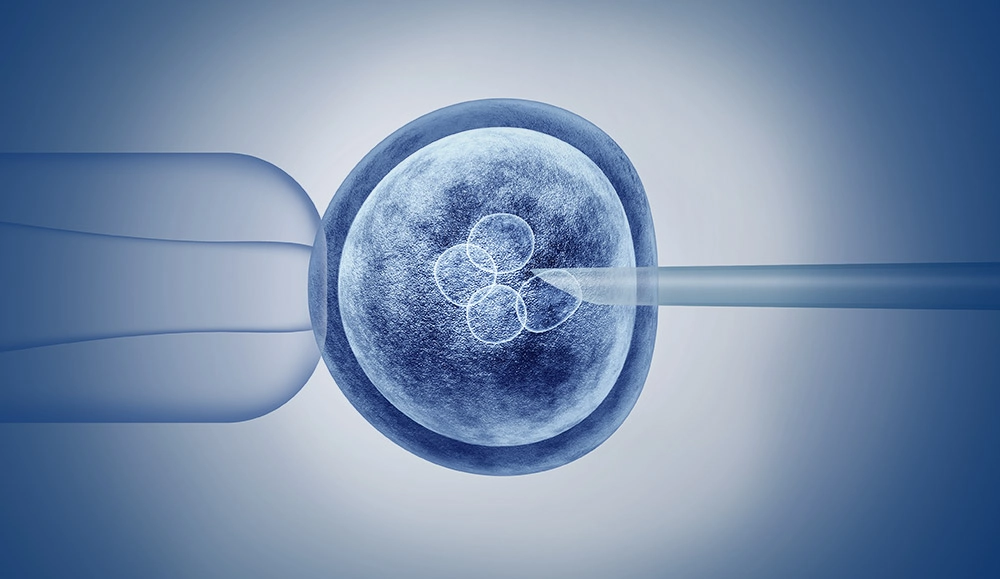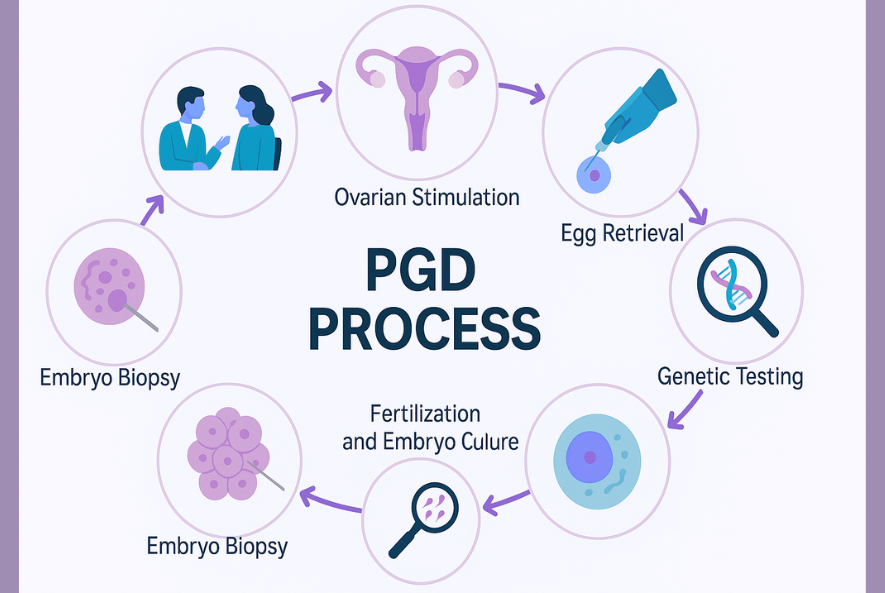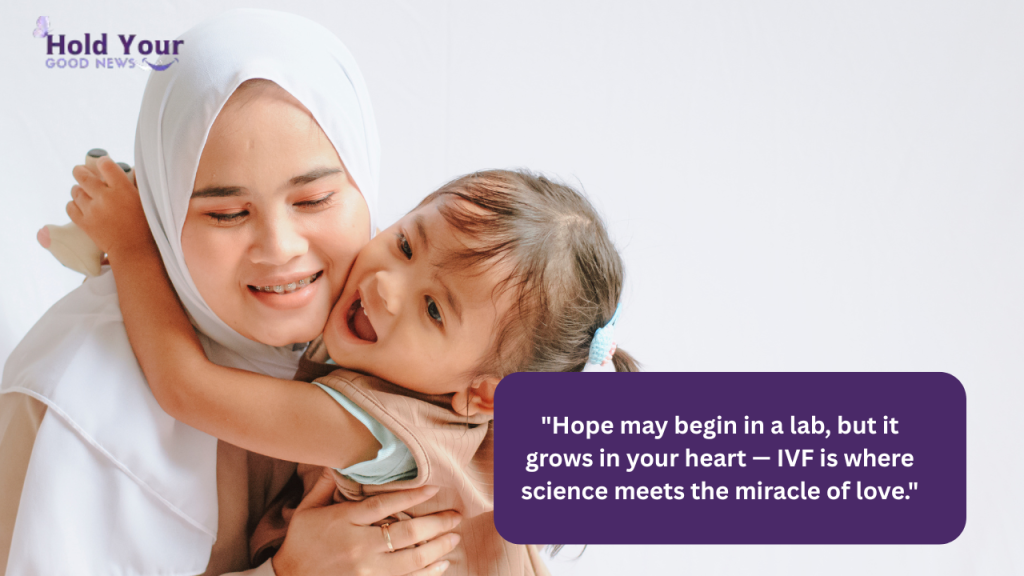PGD Cost in Georgia 2025 : Your Guide to Hope and Healthy Beginnings

In the journey of becoming parents, every step matters—but for some families, that journey begins with a deeper concern: ensuring the health of their future child. Preimplantation Genetic Diagnosis (PGD) is a powerful fertility tool that allows couples to test embryos for genetic conditions before implantation, giving them peace of mind and control over their future.
PGD cost in Georgia has become a point of interest for many hopeful parents seeking both affordability and quality. Georgia has emerged as a leading destination for PGD, offering high-quality care in modern fertility clinics at prices far more accessible than in many Western countries. For couples with a history of genetic disorders, recurrent miscarriages, or failed IVF attempts, PGD offers new hope and clarity.
“Sometimes, all a family needs is one healthy beginning.”
Whether you’re coming from abroad or are a local couple navigating IVF and genetics, this article will guide you through everything about PGD in Georgia, including costs, the process, and why it’s a smart step for your growing family.
What is PGD (Preimplantation Genetic Diagnosis)?
PGD is a specialized procedure used in IVF cycles to test embryos for genetic and chromosomal disorders before they are transferred to the uterus. It helps identify embryos that carry inherited conditions, such as:
- Cystic fibrosis
- Thalassemia
- Down syndrome
- Sickle cell anemia
- Tay-Sachs disease
- BRCA gene mutations
PGD helps reduce the risk of passing on life-threatening or debilitating conditions to your child. It can also be used for gender selection (where legally allowed), HLA matching, or to improve the chances of a successful pregnancy in women with a history of miscarriage or IVF failure.

Who Should Consider PGD?
PGD can be life-changing for many individuals and couples. It’s not just a scientific tool—it’s a step toward emotional security and informed parenting. Here’s who may benefit most:
- Couples with a Family History of Genetic Disorders :-If one or both partners carry genes linked to conditions like cystic fibrosis, Tay-Sachs, or thalassemia, PGD can help ensure these are not passed on to the child. This brings relief from generations of inherited health issues.
- Women Above 35 Facing Increased Risk of Chromosomal Issues :- As maternal age increases, so does the risk of chromosomal abnormalities like Down syndrome. PGD helps identify healthy embryos and improves the chances of a successful, full-term pregnancy.
- Couples with Multiple Miscarriages :- Experiencing repeated pregnancy loss can be devastating. Often, unknown chromosomal problems are the cause. PGD helps detect these early, increasing the chances of a healthy pregnancy and reducing emotional pain.
- Those with Repeated IVF Failures :- For couples who’ve tried IVF multiple times without success, PGD provides insight into why implantation may not be happening—by ensuring only genetically normal embryos are transferred.
- Carriers of Single-Gene Mutations :- Some individuals may unknowingly carry genes for conditions like sickle cell anemia or muscular dystrophy. PGD screens for these, offering a chance to break the genetic cycle.
- Parents Wanting to Avoid Sex-Linked Genetic Conditions :- Certain diseases, like hemophilia or Duchenne muscular dystrophy, are linked to the X chromosome and more likely to affect boys. PGD allows for gender selection in such medical scenarios to prevent transmission.
- Intended Parents Planning for Surrogacy :- When using a surrogate, couples often want to ensure the best possible embryo is chosen. PGD increases confidence that the embryo transferred is genetically healthy, protecting both the surrogate and the baby.
How Does PGD Work? – Step-by-Step
Here’s a simplified version of how PGD is performed during an IVF cycle:
- Ovarian Stimulation and Egg Retrieval :- Hormone medications stimulate the ovaries. Mature eggs are collected from the female partner or donor.
- Fertilization :- Eggs are fertilized with sperm using ICSI (Intracytoplasmic Sperm Injection) to create embryos.
- Embryo Culture :- Embryos are cultured for 5–6 days until they reach the blastocyst stage.
- Embryo Biopsy :- A few cells are carefully removed from each embryo without harming its development.
- Genetic Testing :- The biopsied cells are sent to a genetics lab for analysis. The test identifies healthy, genetically normal embryos.
- Embryo Freezing & Storage :- While results are processed (which may take 7–10 days), embryos are vitrified (frozen) and safely stored.
- Embryo Transfer :- Once results are available, a healthy embryo is thawed and transferred to the uterus to begin pregnancy.

How Much Does PGD Cost in Georgia?
When planning your fertility journey, understanding the overall cost of PGD in Georgia is essential. Georgia is known for offering advanced medical care at much more affordable prices than in countries like the USA or UK. The total PGD cost often includes IVF procedures, embryo biopsy, and genetic testing. While prices may vary slightly from clinic to clinic, the financial burden here is significantly lighter—without compromising on quality. For many families, this balance between care and cost makes Georgia a preferred destination.
| Service | PGD Cost (USD) |
|---|---|
| IVF with ICSI | $3,500 – $5,000 |
| PGD Testing (up to 5 embryos) | $2,000 – $3,500 |
| Additional Embryo Testing (each) | $250 – $400 |
| Embryo Freezing | $500 – $800 |
| 1-Year Embryo Storage | $300 – $500 |
Cost by Major Cities in Georgia
While the overall pricing is affordable throughout Georgia, the cost may differ slightly depending on the city. Major cities like Tbilisi and Batumi are home to some of the country’s most well-equipped fertility clinics, which might affect pricing due to their advanced technologies or package inclusions. Exploring the cost by city helps you plan your budget better and choose a clinic that aligns with your expectations and comfort.
| City | IVF + PGD Package Cost (USD) |
|---|---|
| PGD Cost in Tbilisi | $5,000 – $8,000 |
| PGD Cost in Batumi | $4,800 – $7,500 |
| PGD Cost in Kutaisi | $4,500 – $7,000 |
Cost Comparison with Other Countries
Many couples from abroad choose Georgia not just for quality fertility care—but also for how cost-effective it is compared to other nations. The price of PGD in countries like the USA, UK, Australia, or Canada can be double or even triple. Georgia offers the same level of professional expertise, technology, and care at a fraction of the cost. Comparing PGD costs internationally highlights why Georgia is becoming a top choice for hopeful parents across the globe.
| Country | PGD + IVF Total Cost (USD) |
|---|---|
| PGD Cost in Georgia | $5,000 – $8,000 |
| PGD Cost in USA | $18,000 – $25,000 |
| PGD Cost in UK | $14,000 – $20,000 |
| PGD Cost in India | $6,000 – $9,000 |
| PGD Cost in Ukraine | $6,500 – $9,500 |
| PGD Cost in Thailand | $9,000 – $13,000 |
What’s Included in PGD Packages?
When you choose a PGD package at a fertility clinic in Georgia, you usually get a comprehensive set of services designed to support you throughout the entire process. This helps make your journey smoother and less stressful. Here’s what is often included:
- Medical Consultation: Before starting, you’ll have detailed consultations with fertility specialists. They assess your health, explain the procedure, and plan your personalized treatment.
- IVF with ICSI: The package covers In Vitro Fertilization (IVF), where eggs are fertilized with sperm in the lab. ICSI (Intracytoplasmic Sperm Injection) is a precise technique used to inject a single sperm directly into an egg, increasing chances of fertilization.
- PGD Testing for Up to 5 Embryos: Once embryos are created, genetic testing is done on up to 5 embryos to detect any genetic abnormalities before implantation. This helps ensure only healthy embryos are selected.
- Embryo Freezing and 1-Year Storage: After biopsy and testing, embryos are safely frozen (vitrified) and stored for up to one year. This allows flexibility for transfer when you are ready.
- Medication (Sometimes Separate): Some clinics include the necessary hormone medications to prepare your body, while others may charge separately for these drugs.
- Follow-Up and Support for Transfer: The package usually includes post-testing follow-up and support during the embryo transfer process, so you are guided every step of the way.

Is PGD Worth It?
If you are at risk of passing on a genetic condition or have faced repeated IVF failures, PGD can:
- Improve chances of a healthy baby
- Reduce the emotional and physical toll of miscarriage
- Save time and money by avoiding failed transfers
- Support gender selection (where allowed)
- Help with family balancing or genetic matching
Why choose Hold Your Good News?
“Hold Your Good News—Take Care of your parenthood journey with the help of us”
Your smile is important to us! We make sure to give the best possible services, as our patients are our top priority at Hold Your Good News. Because our team of qualified specialists uses advanced equipment, the treatments we provide are both effective and accurate. Our clinic provides complete dental work, cosmetic surgery, and even fertility treatments, all of which are done through effective and customized treatment plans.
We are transparent and trustworthy. As such, we do not charge for additional hidden costs. We are proud to say that we have thousands of happy patients thanks to our medical ethics and high success rates. All of our ultra-modern clinics are designed to be stress-free and comfortable so that every visit is as easy and pleasant as possible.
Treatment is only a part of our service. We provide complete care with long-term assistance. All patients are cared for with respect and compassion, which is why we continue to strive to innovate in our field, claiming our prize for the best healthcare service.

Conclusion: Take Control of Your Family’s Future
Choosing PGD Cost in Georgia is not just a medical decision—it’s a step towards peace of mind, hope, and healthier tomorrows. In Georgia, you can access world-class fertility care at an affordable price, guided by compassionate professionals every step of the way.
Whether you’re facing genetic risks, repeated loss, or just want the best for your future child, PGD offers you a clearer, safer path forward.
“When life gives you science and love, miracles happen.”
Hold your good news close—because your journey to parenthood deserves every chance to be safe, healthy, and filled with joy.
Frequently Asked Questions (FAQs)
1. Is PGD painful or risky for the embryo?
No. Embryo biopsy is performed carefully, and modern techniques ensure that embryos are not harmed during the process.
2. How long does it take to get PGD results?
Usually, it takes 7–10 days after biopsy to receive PGD results.
3. Can I freeze embryos after PGD?
Yes. Most patients choose to freeze embryos after PGD while waiting for results or planning future transfer.
4. Is PGD legal in Georgia?
Yes. PGD is fully legal in Georgia and offered by licensed fertility clinics to both local and international patients.
5. Can I use PGD with surrogacy?
Absolutely. PGD is often recommended before embryo transfer in surrogacy to ensure a healthy pregnancy.
Latest Blogs
- IVF Cost in Siliguri 2025 – Affordable Treatment & Best Options
- IVF Cost in Nepal 2025 – Affordable & High-Success Fertility Treatment
- IVF Cost in Delhi 2025 – Discover Affordable & Trusted Options for Happy Results
- PGD Cost in Georgia 2025 : Your Guide to Hope and Healthy Beginnings
- Embryo Freezing Cost in Georgia – A Hopeful Pause on Your Path to Parenthood




